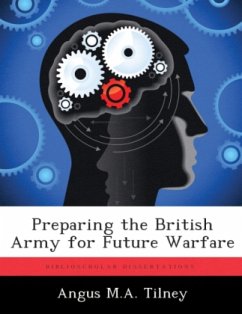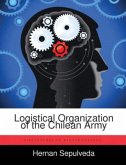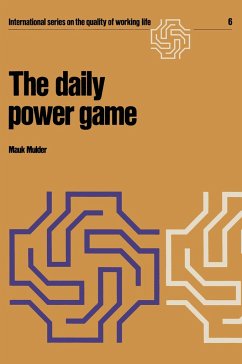Following protracted campaigns in Iraq and Afghanistan, the British Army must restructure for the future amidst significant financial restrictions. Since 9/11, the character of warfare appears to have shifted; theories of hybrid warfare are recognized by British doctrine. To a backdrop of geostrategic uncertainty and financial constraint, how should the British Army prepare for future warfare? This research considers the future threats to British national interests and discusses how potential adversaries might employ contemporary approaches to target British national interests. By consolidating existing threat projections and analyzing the character of hybrid conflict, it suggests that by training for hybrid conflict the British Army is attempting to address the full spectrum of conflict. Instead, it is recommended that the British Army prioritizes its training towards major combat operations while recognizing the enduring changes in the contemporary operating environment. In order to create the flexibility demanded by hybrid warfare, military culture should be carefully considered to reassess approaches to education, acceptance of risk and decentralized command.








